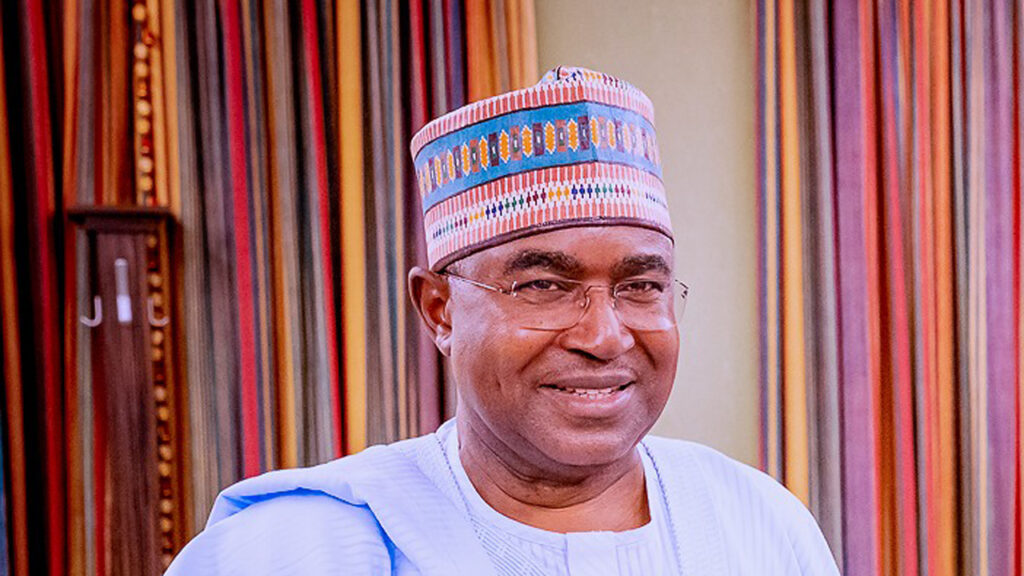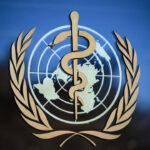 As Nigeria Nigeria reaches over 75% of target population with at least one dose of COVID-19
As Nigeria Nigeria reaches over 75% of target population with at least one dose of COVID-19
77,285, 627 persons in Nigeria complete primary series of COVID-19 vaccination
The Federal government has launched $9.2million (CAD) Canada Global Initiative for Vaccine Equity (CanGIVE) Grant aimed at strengthing health systems in Nigeria and scaling up Covid-19 vaccine service delivery among high priority risk groups .
The two year grant from the Global Affairs Canada to the World Health Organization (WHO) will enable the Nigeria Country office to provide technical support to strengthen health systems, increase Covid-19 vaccine demand generation and uptake in an integrated mode with routine immunization and other Primary Healthcare services.
The states targeted for implementation include Ondo, Rivers, Kogi, Delta, Ebonyi, Lagos, Akwa-Ibom, Bayelsa, Benue, Ogun, Katsina, Taraba, Anambra, Kebbi, and Edo.
Meanwhile, the WHO has said that Nigeria has made progress in the fight against COVID-19 noting that as of 17 July 2023, 77,285, 627 persons in Nigeria have completed the primary series of COVID-19 vaccination, with, 87,838,137 persons receiving at least one dose of the vaccine and 16,011,524 of those who have completed the primary series have received a booster dose of the vaccine.
Speaking at the event yesterday in Abuja, Executive Director of the National Primary Healthcare Development Agency (NPHCDA) Dr Faisal Shuaib said that Nigeria has reached over 75% of the target population of individuals aged 18 and above with at least one dose of the COVID-19 vaccine adding that the vaccination programme has been implemented in phases, ensuring that eligible populations are reached and no one is left behind.
He stated that while the country has made significant progress in Covid-19 vaccination , the agency still have work to do as several states have primary series coverage below 70%, and booster doses account for just over 20% of vaccinations.
Therefore, this grant targets states with lower performance and aims to reach high-priority populati
Shuaib noted that though Nigeria’s case burden has not been as high as in other parts of the world, the country has implemented measures, including have implemented measures, including vaccination, to break transmission within our communities and enhance immunity, particularly among the elderly, individuals with comorbidities, priority groups, and indeed the entire country.
According to him, Nigeria was among the first countries to establish an electronic registry and integrate COVID-19 vaccination with other primary healthcare services. Our “One Country, One Team, One Plan, One Budget” approach reflects our commitment to integrating lessons learned during and after the pandemic into our healthcare system.
He said the grant, to be implemented through the World Health Organization (WHO), will also contribute to strengthening the health system, addressing service delivery inequities and gender disparities at the sub-national level and commended the Canadian High Commissioner to Nigeria, His Excellency, Jamie Chrisoff and the Canadian government for their valuable support in providing the grant to Nigeria.
In his address, WHO Country Representative in Nigeria, Dr Walter Mulombo observed that despite the achievement recorded by Nigeria in the Covid-19 vaccination, there is still more work to be done as 14 states are performing less than 50 per cent vaccination coverage of their target population, and we still have some vulnerable populations that are not sufficiently covered.
He noted that the Canadian Global Initiative for Vaccine Equity (CanGIVE) Grant to Nigeria aims to support country-led efforts to expedite COVID-19 vaccine delivery and distribution amongst high priority risk groups, increase vaccine confidence and generate demand.
Mulombo explained that the grant focuses on community engagement, within the context of addressing inequities in service delivery and disparities in gender at sub-national geographical locations.
He said, ‘The grant will enable the WHO Nigeria country office provide technical support to strengthen health systems specially for data management and surveillance linked to the Transforming African Surveillance Systems (TASS) Flagship initiative, increase COVID-19 vaccine demand generation and uptake in an integrated mode with routine immunization and other PHC services.













